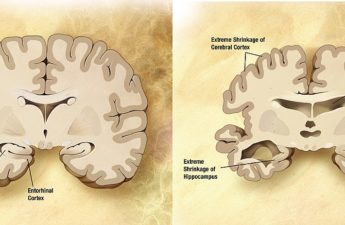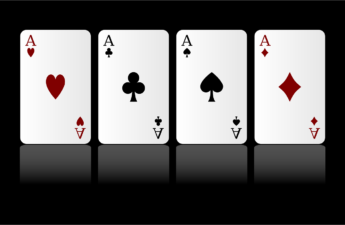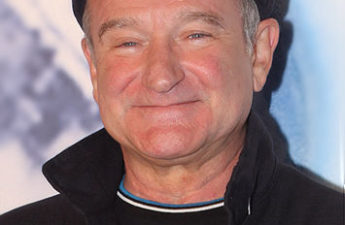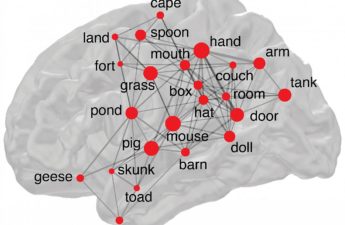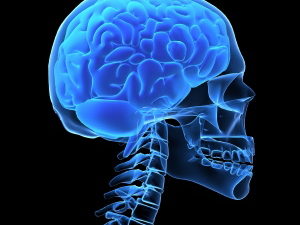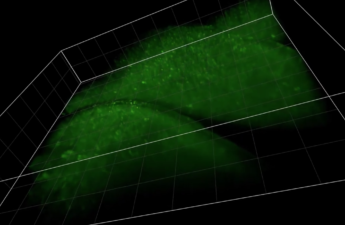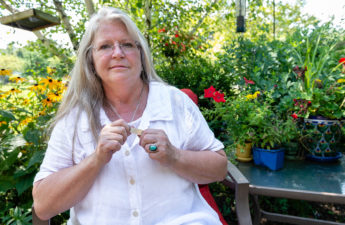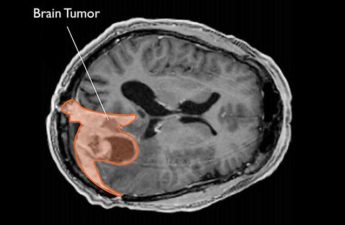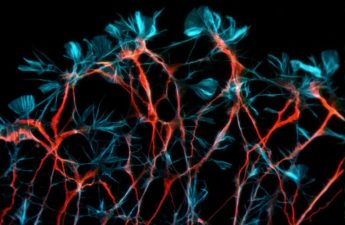Category: Brain and Nervous System
Why don’t we have a cure for Alzheimer’s disease?
Currently, the only approved drugs for Alzheimer’s merely alleviate some of the symptoms and do not stop the disease from progressing.
How Your Brain Tricks You Into Taking Risks During the Pandemic
The unprecedented nature of the pandemic undermines how we process information and assess risk. Need proof? Look around.
What is Lewy body dementia?
Tom Seaver, like Robin Williams, had Lewy body dementia, but what is this strange illness? A neurologist explains
No, you aren’t a ‘visual’ or ‘auditory’ person
There is no scientific evidence to support the idea that people are visual, auditory or kinesthetic learners.
Why some words may be more memorable than others
NIH study suggests our brains may use search engine strategies to remember words and memories of our past experiences.
Cluster headache: More than ‘just a headache’
Cluster headache can be so excruciating it is known as a “suicide headache” because many patients have suicidal thoughts during attacks.
How the nose decodes complex odors
Scent molecules can mask other scents, not by overpowering them, but by changing the way cells respond to them
Don’t let COVID-19 keep you from seeking emergency care
Serious symptoms, like those associated with a heart attack or stroke, are still urgent during the COVID-19 pandemic, and rapid treatment is critical.
Ozzy Osbourne has a type of Parkinson’s disease called Parkin: A neurologist explains
People are living longer with Parkinson’s, and medications, new and old, can and do make a difference, says expert.
Diagnosed With Dementia, She Documented Her Wishes. They Said No.
Even when people document their choices ― while they still have the ability to do so ― there’s no guarantee those instructions will be honored.
Extending ‘Healthspan’: Brain Scientists Tap Into The Secrets Of Living Well Longer
It’s not just how long you live, but how vibrant you remain later in life. Exercising both your body and brain can help you stay healthier longer.
Despite the Same DNA, Severity of Autism Varies Greatly Among Identical Twins
If one twin had autism, There was a 96% chance that the other had it, too. But symptom scores varied greatly between the twins.
Does water fluoridation really damage your children’s IQ?
A study showed that community water fluoridation was associated with lower IQ scores in young children. Opponents say that confirms the dangers of fluoride.
Protein marker can reveal if benign-appearing meningiomas are, in fact, malignant, study
A modified protein in benign-appearing meningiomas can reveal which are truly benign and which are more dangerous and require more aggressive treatment,
How sleep makes the brain forget things – new research on mice
In order to remember what is important, we need to forget what isn’t important.
